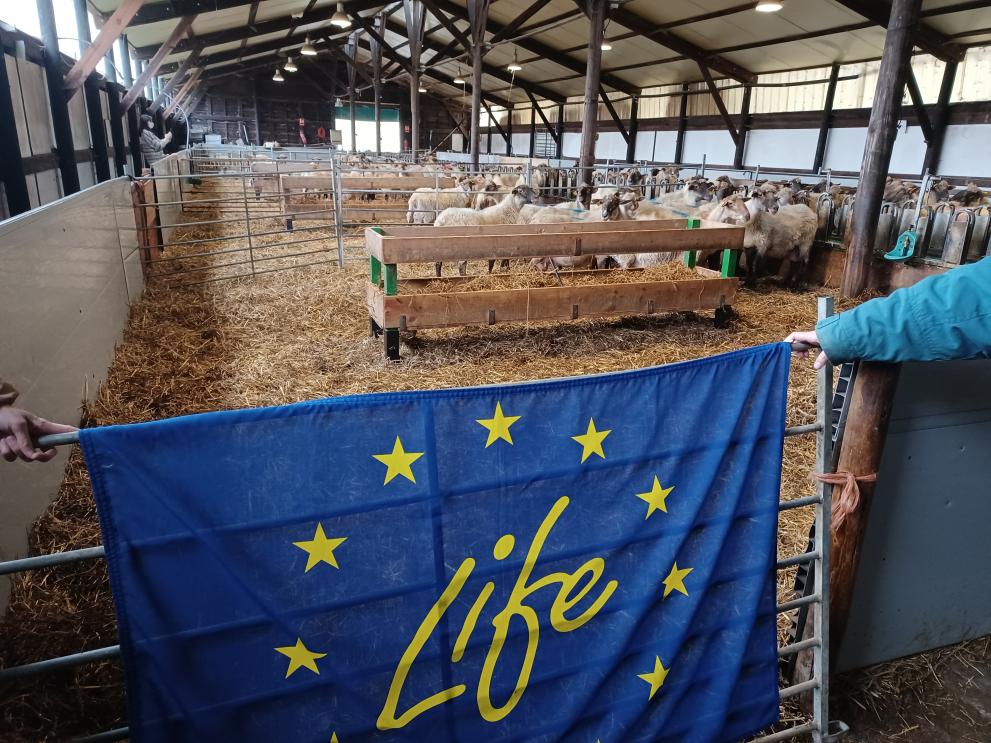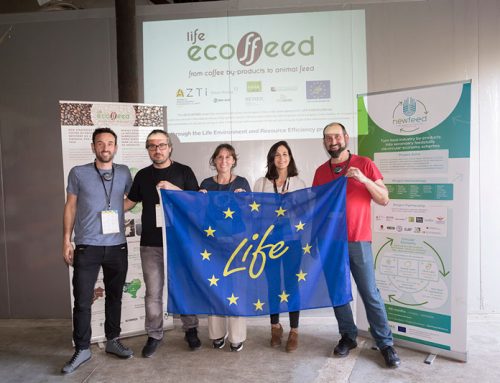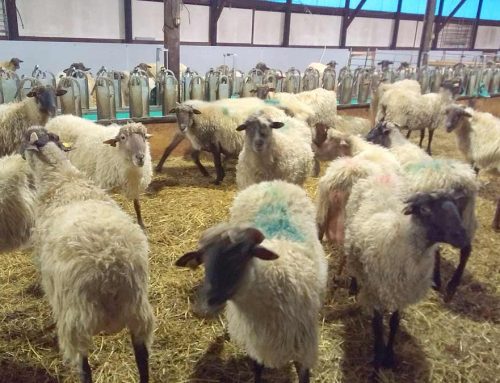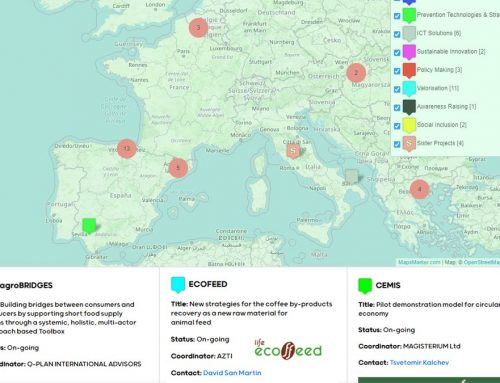Our project has been published by the European Executive Agency for Climate, Infrastructure and Environment. You can read a summary below but don’t miss the full article on their website.
For millions of Europeans, mornings are kicked off by that first cup of coffee. In 2023, Europe consumed 53.7 million bags of coffee, at 60 kg each. One kilogram of coffee from a coffee machine generates around 2 kg of wet Spent Coffee Grounds (SCG), and a coffee capsule generates around 18 g of SCG. Our coffee habits have a heavy carbon footprint; globally, nearly hundreds of thousands of plastic capsules used in coffee machines are sent to landfill and will take many years to decompose. This SCG product is often used in fertilisers and energy generation, but around 46% is still sent to landfill or incinerated.
Focusing on by-products from the coffee and hospitality industries, LIFE ECOFFEED runs until 2024 and aims to collect and process 21 tonnes of SCG and 1.5 tonnes of coffee capsules for recycling. To date, 80 tonnes of experimental feed have been produced for dairy sheep and cattle and used in controlled diet trials. At the largest dairy farm in the Basque Country, Spain, for instance, about 150 cows and 48 ewes have been trialling this new feedstock. For sheep, 20% of SCG has been included into their feed formulation, and cow feed contains up to 10%.
The results have been positive, with no impact to the yield of milk from dairy sheep or its chemical quality. In fact, it has changed the milk fatty acid profile to a healthier one.






Leave A Comment